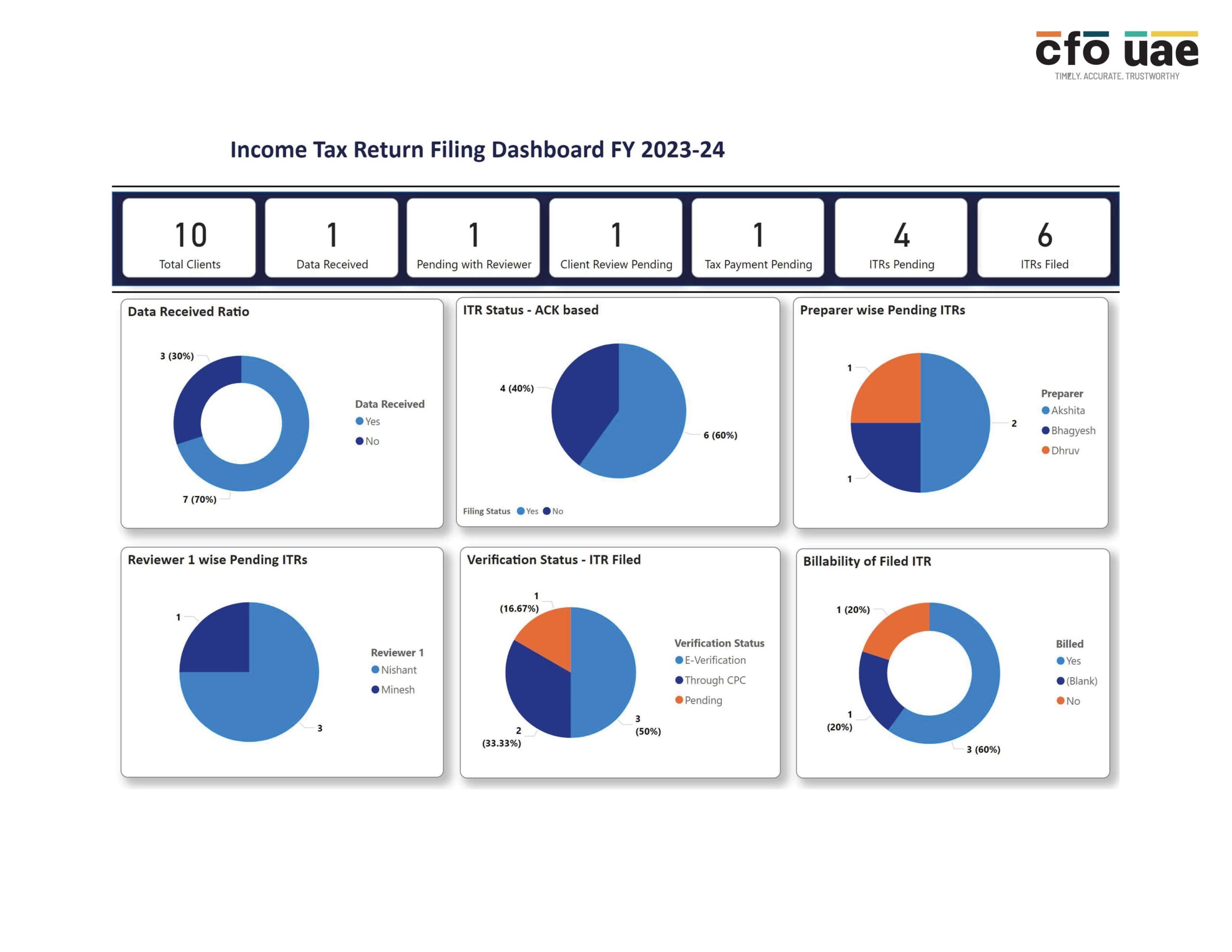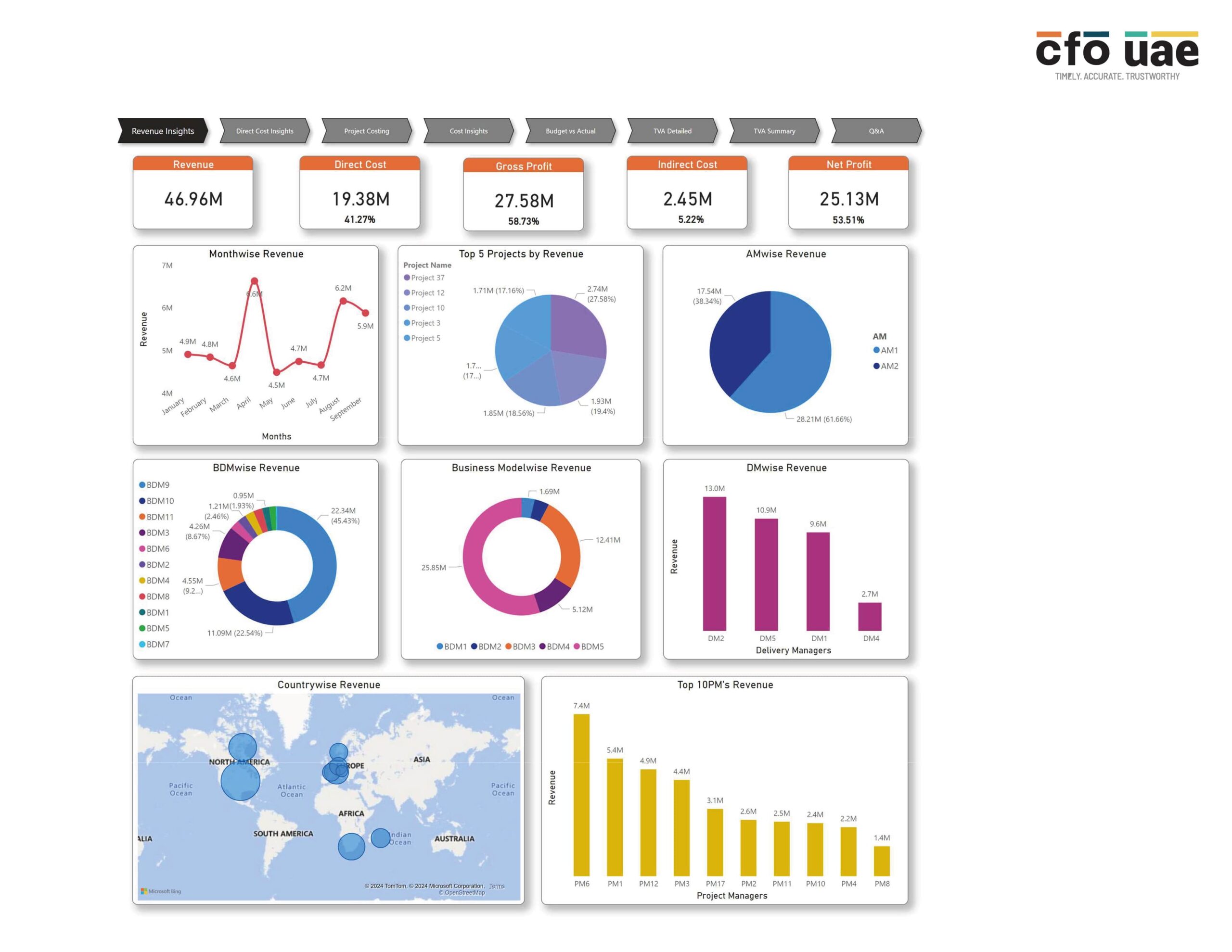Task Management Dashboard
Problem Statement
In today’s fast-paced business environment, managing tasks efficiently is crucial for success. However, relying on manual methods—such as spreadsheets, emails, and verbal updates—often leads to confusion, delays, and missed deadlines. Organizations need a better solution to streamline workflows and enhance collaboration.
The Challenge: Manual Task Tracking
1. Lack of Visibility:
- Without a centralized system, it’s challenging to gain a holistic view of ongoing tasks, assignments, and project progress.
- Managers struggle to allocate resources effectively and identify bottlenecks.
2. Communication Gaps:
- Email chains and verbal instructions result in miscommunication and missed details.
- Team members may not be aware of task updates or changes promptly.
3. Resource Allocation Issues:
- Overloading certain team members while others remain underutilized leads to inefficiencies.
- Without accurate data, resource allocation decisions are often based on guesswork.
The Solution: Management Dashboards
The Task Management Dashboard revolutionizes task tracking by providing real-time insights, collaboration tools, and data-driven decision-making. Let’s explore its key features:
1. Centralized Task Repository:
- All tasks, deadlines, and dependencies are stored in one place.
- Managers and team members can access the dashboard anytime, from anywhere.
2. Visual Representation:
- Bar charts, pie graphs, and timelines visually represent task progress.
- Managers can quickly assess which tasks are on track and which need attention.
3. Customizable Filters:
- Filter tasks by project, priority, due date, or team member.
- This flexibility allows managers to focus on critical areas.
4. Automated Reminders:
- The dashboard sends reminders for upcoming deadlines, overdue tasks, and resource allocation adjustments.
- Team members stay informed without manual follow-ups.
5. Resource Allocation Insights:
- Financial widgets display resource allocation, helping managers balance workloads.
- Optimal resource utilization leads to cost savings and improved project outcomes.
6. Collaboration Tools:
- Comment threads, file attachments, and real-time chat facilitate communication.
- Team members can discuss tasks, share updates, and collaborate seamlessly.
7. Task History and Accountability:
- An audit trail records task changes, assignments, and completion status.
- Accountability increases when team members know their actions are tracked.
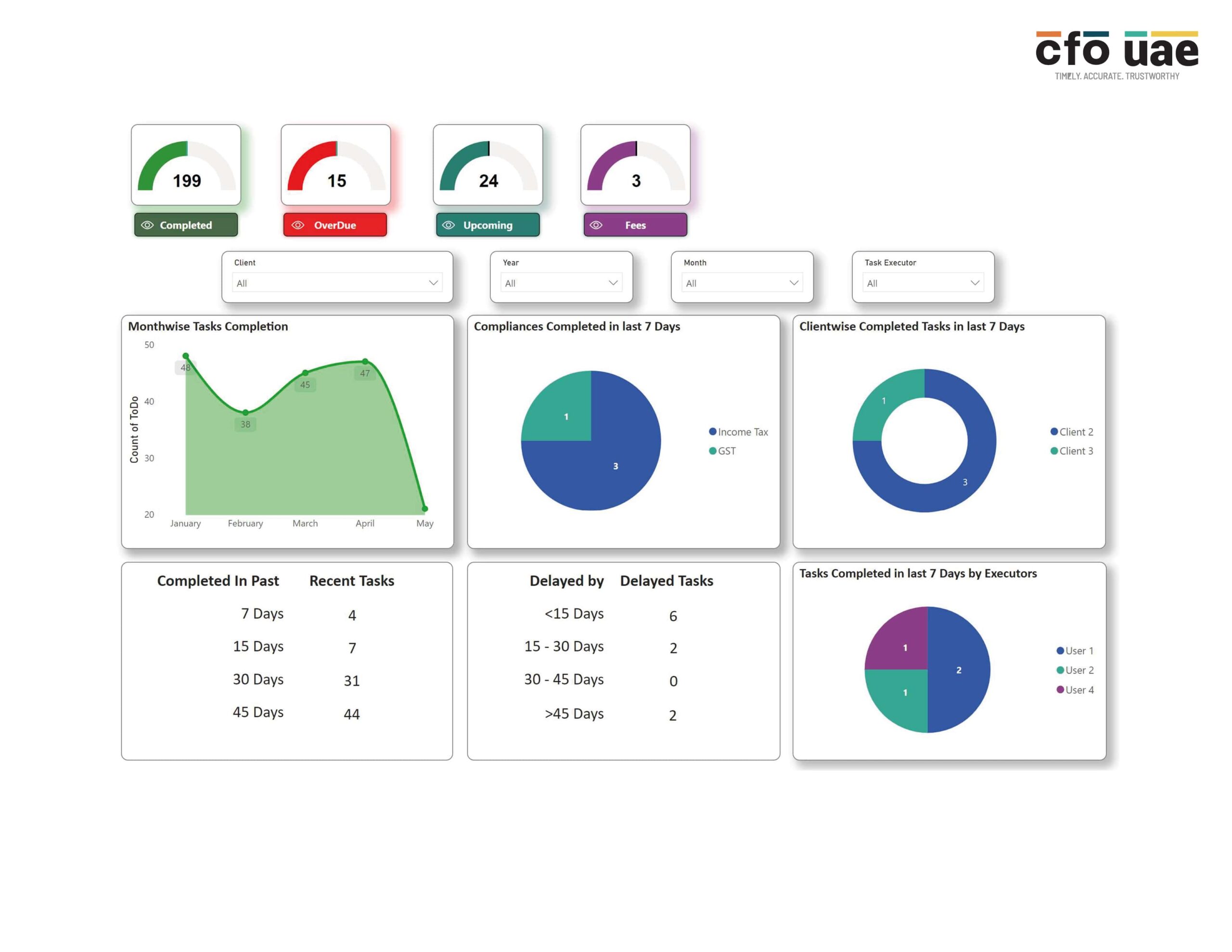
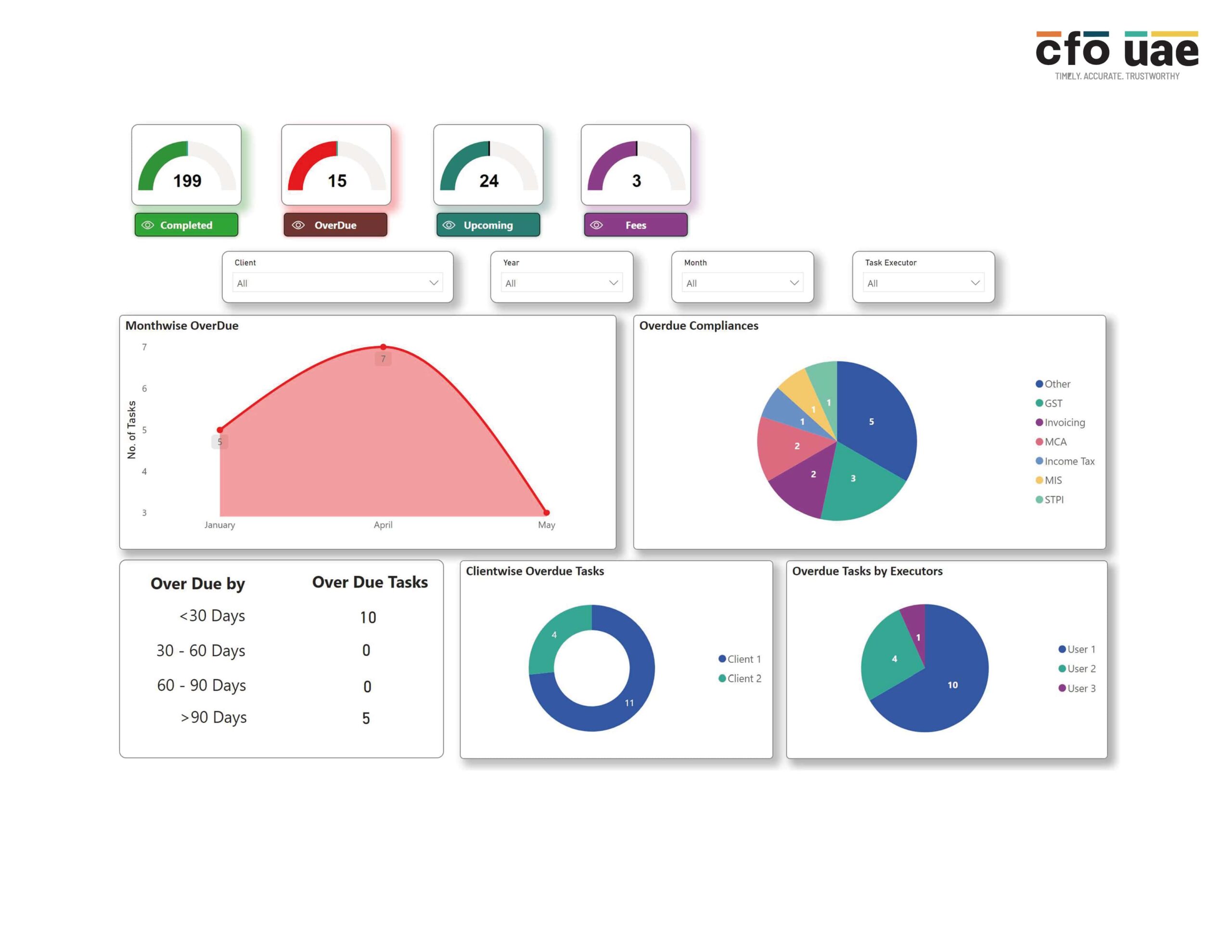
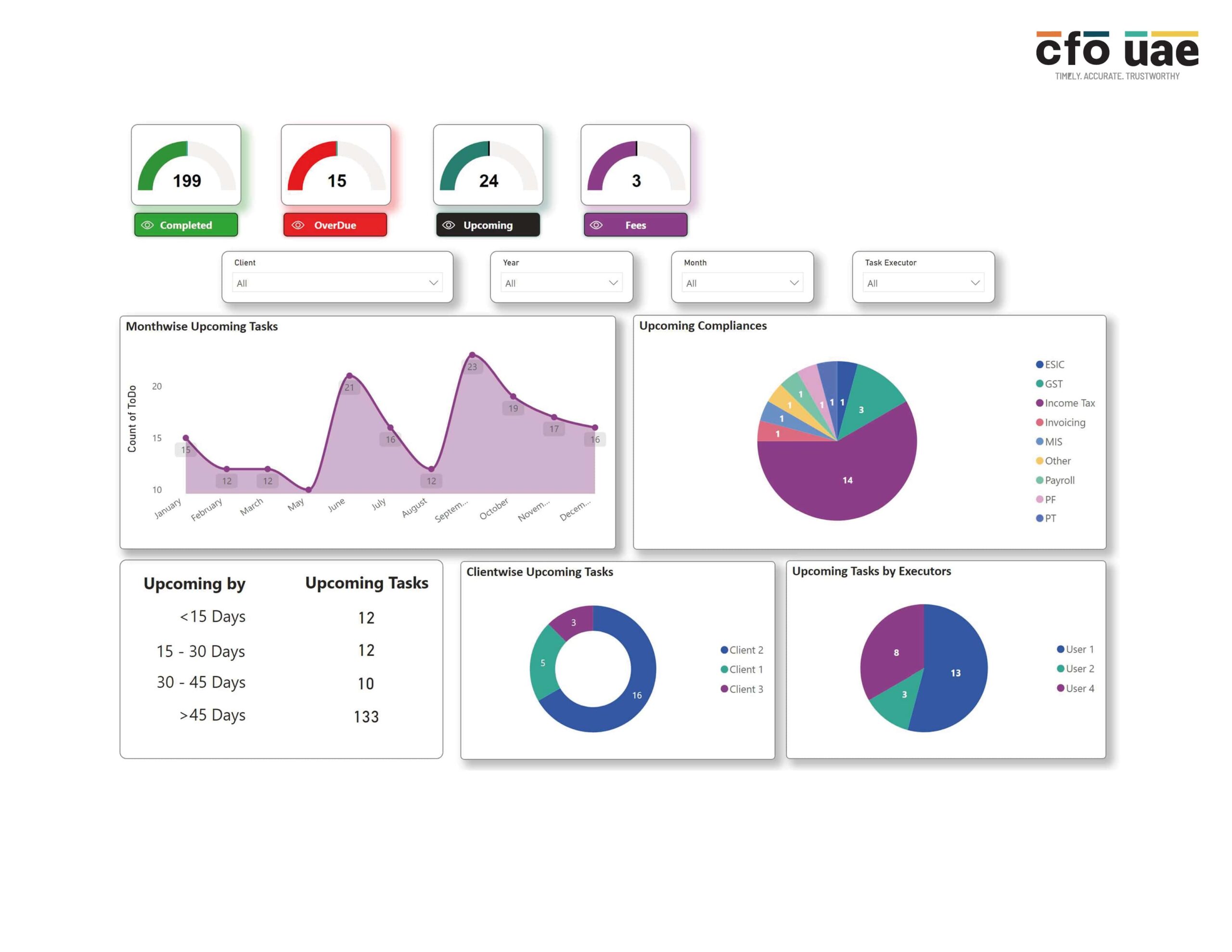
Final Words
The Task Management Dashboard empowers organizations to manage tasks efficiently, improve collaboration, and make informed decisions. By centralizing information, enhancing communication, and optimizing resource allocation, teams can achieve higher productivity and meet project goals effectively.

